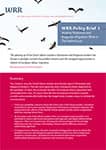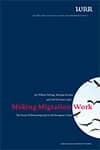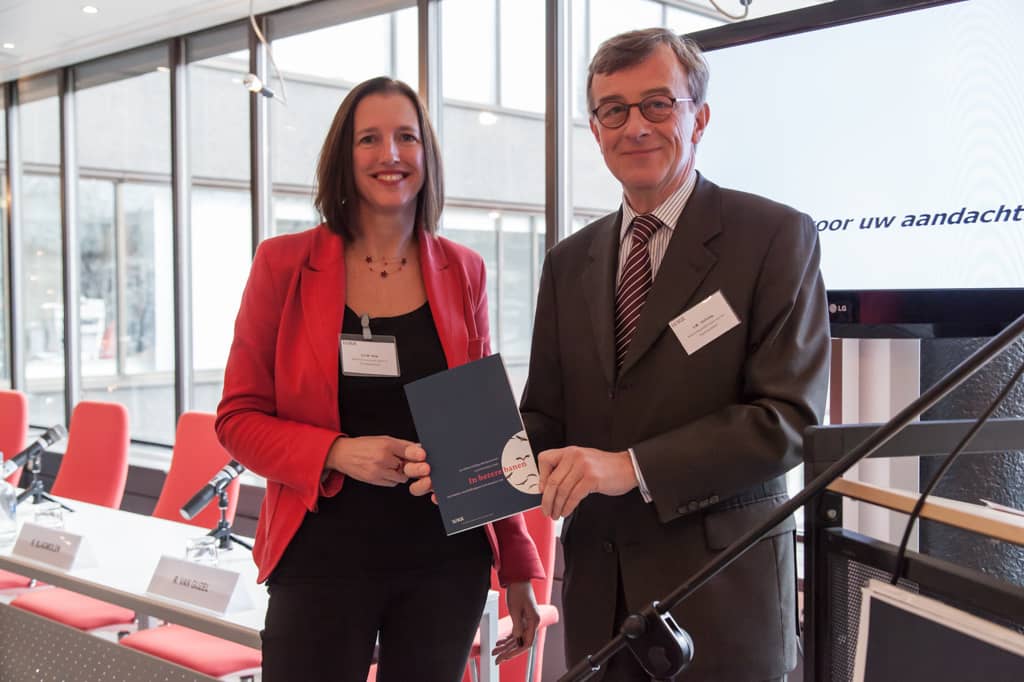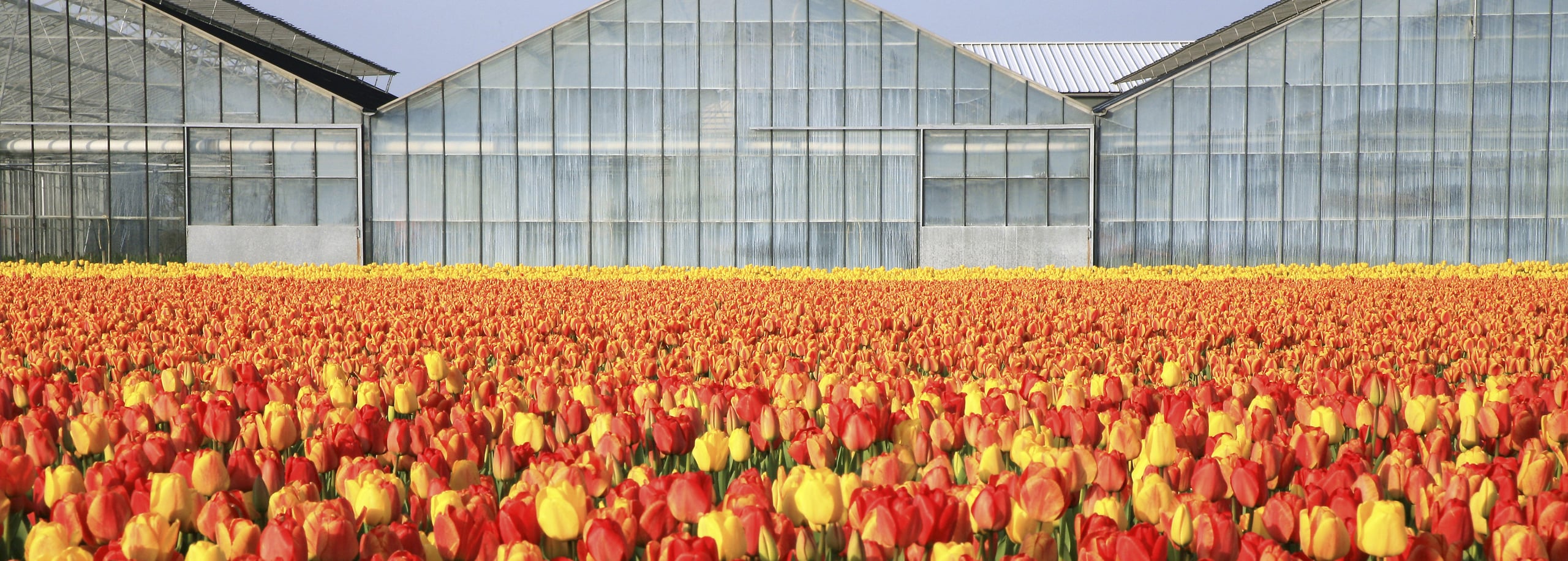What are the long-term implications for Dutch citizens of the blurring of the internal European borders? What does this mean for things such as social security, health care, education and social structures? And what challenges and opportunities stem from this for national policy agendas in the European context?
Widening gap
As in other countries, the financial and economic crisis has sparked a fierce scientific and policy debate in the Netherlands between the proponents and opponents of the development of a 'social Europe'. The supporters advocate a more just, politically and socially legitimate Europe which goes beyond markets and currencies and which can serve as a buffer against the undesirable effects of globalisation. Opponents argue that European integration should be limited to the free movement of goods, services, capital and labour, and that social security arrangements are primarily a matter for the nation-state. The perceptions of citizens also vary widely; there appears to be a widening gap between citizens who see mainly disadvantages in open borders and mobility of labour and capital, and citizens who see the benefits of this. Education level and the degree of professional and geographical mobility also play a key role.
Social and market dimensions
Meanwhile, a process is unfolding – sometimes almost invisibly – in which the social and market dimensions of Europe are becoming more and more intertwined. A gradual convergence is taking place between member states on all kinds of fronts, for example on rules governing working conditions, consumer protection, the environment and public health. Cross-border changes in demography, market and the living environment are helping to shape these changes. At the same time, more and more transnational arrangements and partnerships are emerging, for example between companies and in the fields of health care, education and insurance. This project addresses the question of how government policy can respond in a timely and effective manner to the challenges and opportunities presented by these developments. How can the Netherlands accommodate the potential negative effects of these developments whilst at the same time protecting social cohesion and policy legitimacy? What are the challenges and opportunities for the Dutch policy agenda, partly in the light of the plans to deepen the internal market (Monti report), and for the ‘EU2020’ objectives to strengthen European competitiveness?
New vision of cooperation
Building on the projects such as Attached to the World, this project identifies developments that are important for a cohesive policy agenda focused on the longer term. To this end, national and international scientists and policy advisors will be consulted and, in collaboration with the strategic advisory bodies the Social and Economic Council of the Netherlands (SER) and the Netherlands Bureau for Economic Policy Analysis (CPB), inter-sectoral networks will be explored. This will take place in meetings spread over several days with experts and policymakers in 2012. The aim is to arrive at a new vision of cooperation in Europe. The project will culminate in a publication in which the findings of these activities are made accessible to a wider public.

Image: © WRR
Making Romanian and Bulgarian Migration Work in the Netherlands (Policy Brief no. 1)
A broad and future-oriented policy vision of labour migration boosts the likelihood that the free movement of employees will also be profitable from a socio-economic viewpoint in the long term. In addition, it would also be sensible to invest in broader alliances with countries of origin such as Romania and Bulgaria.

Image: © WRR
Making migration work. The future of labour migration in the European Union
Making Migration Work considers how labour migration policy in the Netherlands and the European Union should be developed, both now and in the future. Several internationally renowned researchers analyse current European labour migration flows and the related challenges.
News
Letter from Minister to Parliament on labour migration
In a letter to the Dutch Parliament, the Minister of Social Affairs and Employment, Lodewijk Asscher, discusses the recent WRR ...
Read moreMaking Romanian and Bulgarian Migration Work in The Netherlands
The very first WRR-Policy Brief will be published on 27 January. The Brief entitled Making Romanian and Bulgarian Migration Work ...
Read morePresentation Making Migration Work in Brussels
Today the Netherlands Scientific Council for Government policy presented it's latest publication Making Migration Work (In betere ...
Read more
The Future of Labour Migration in Europe
Today the WRR presented the publication In betere banen. De toekomst van arbeidsmigratie in de Europese Unie wich was prepared by ...
Read more
